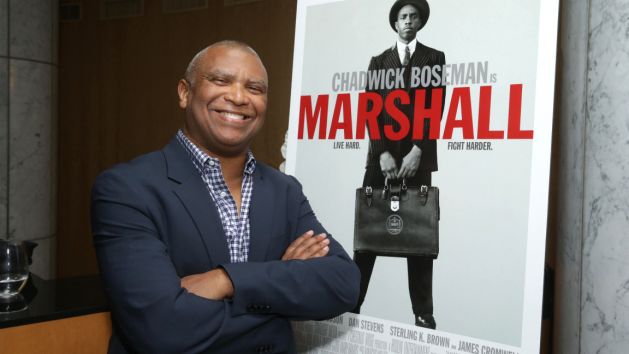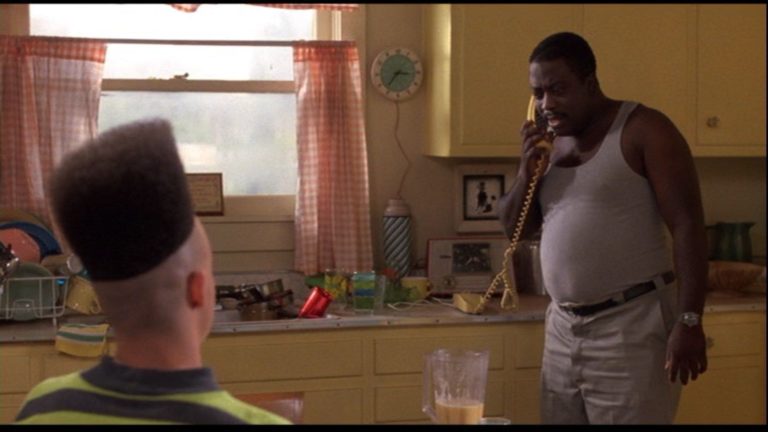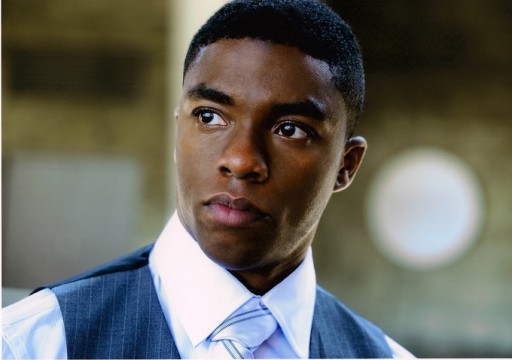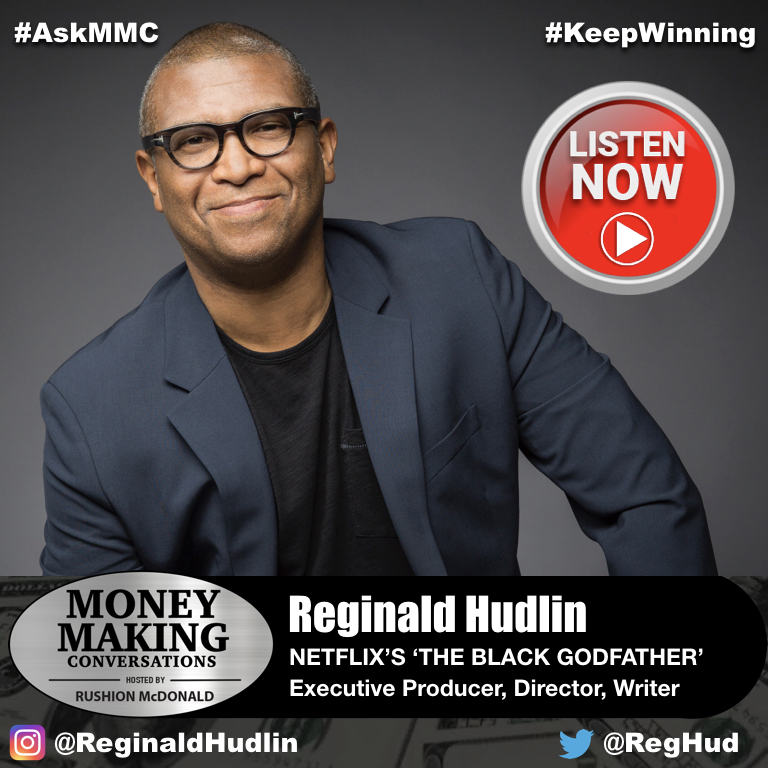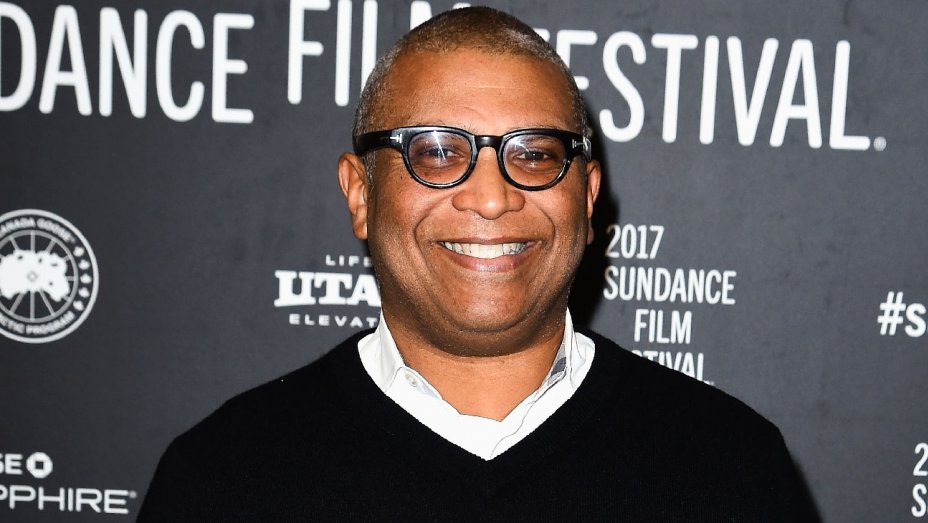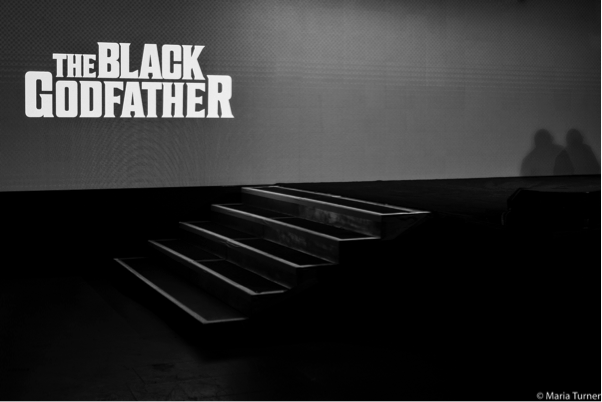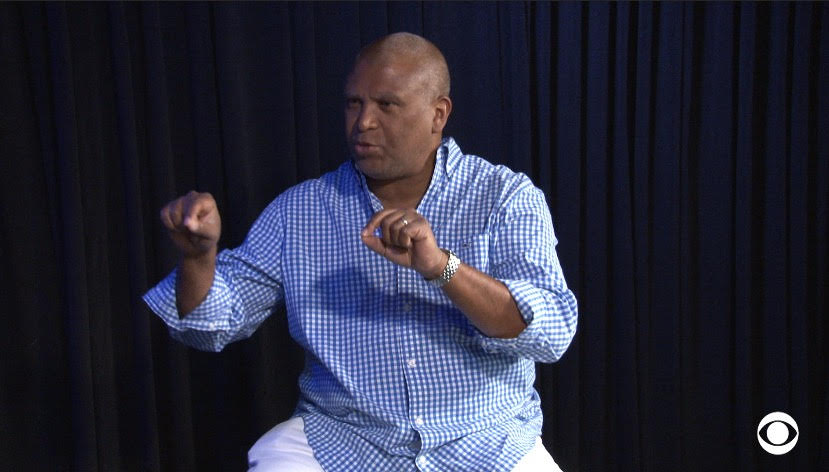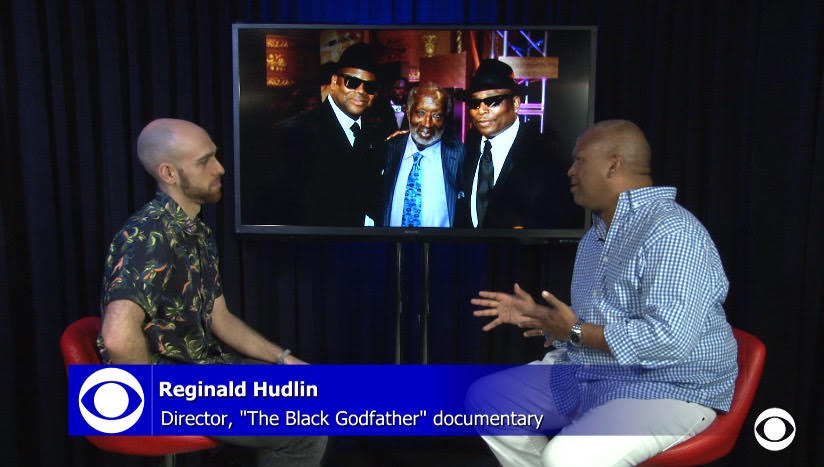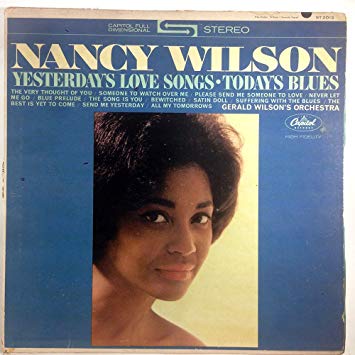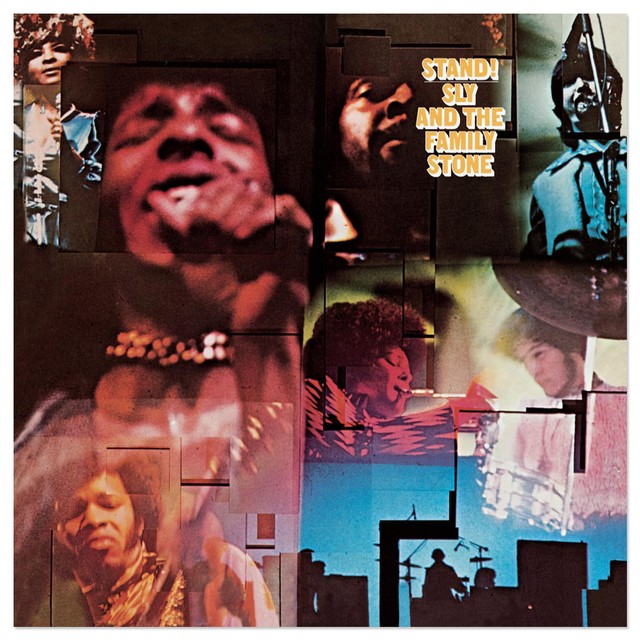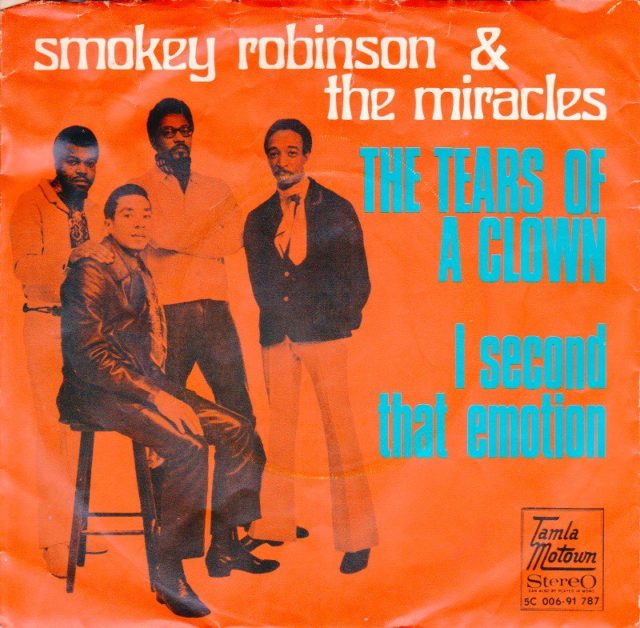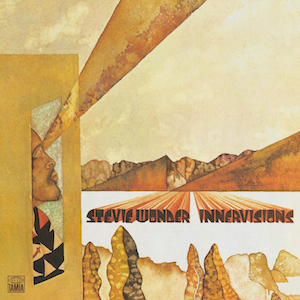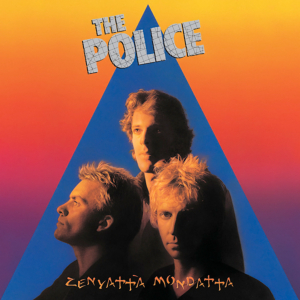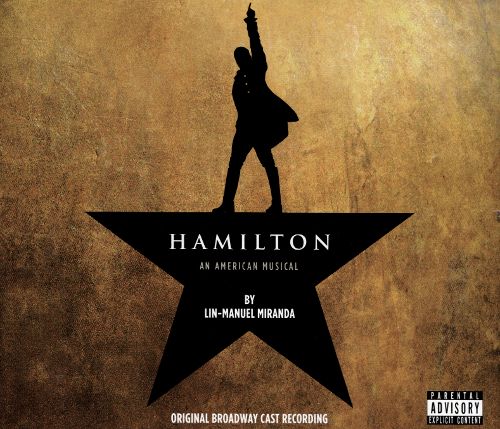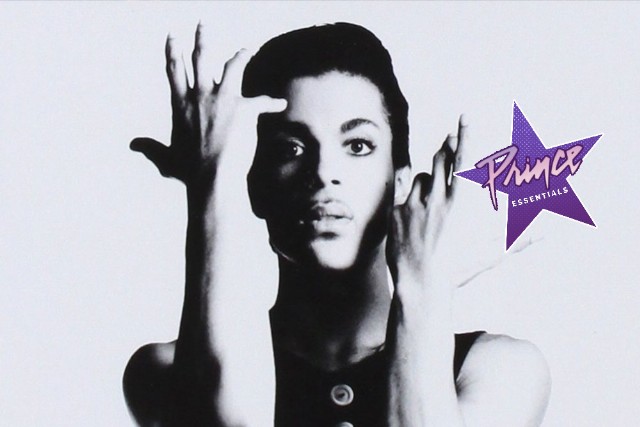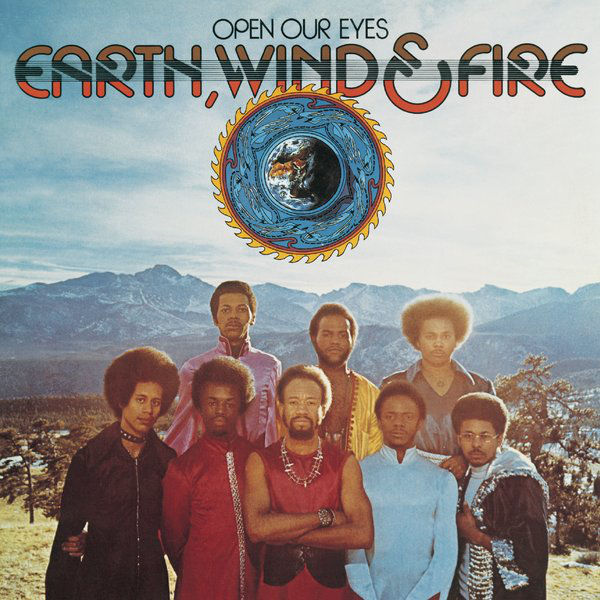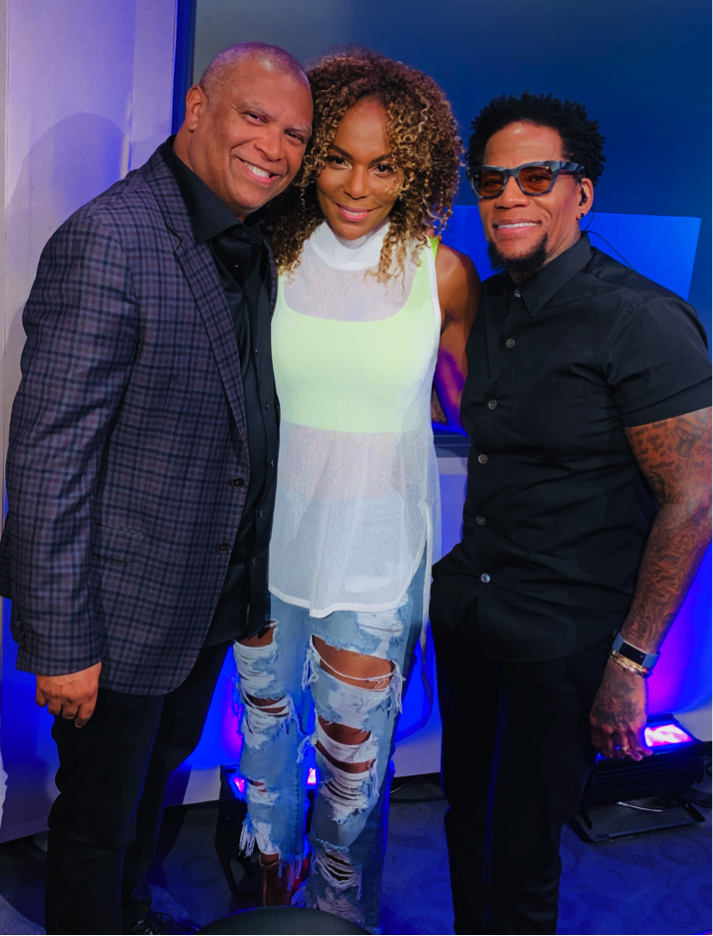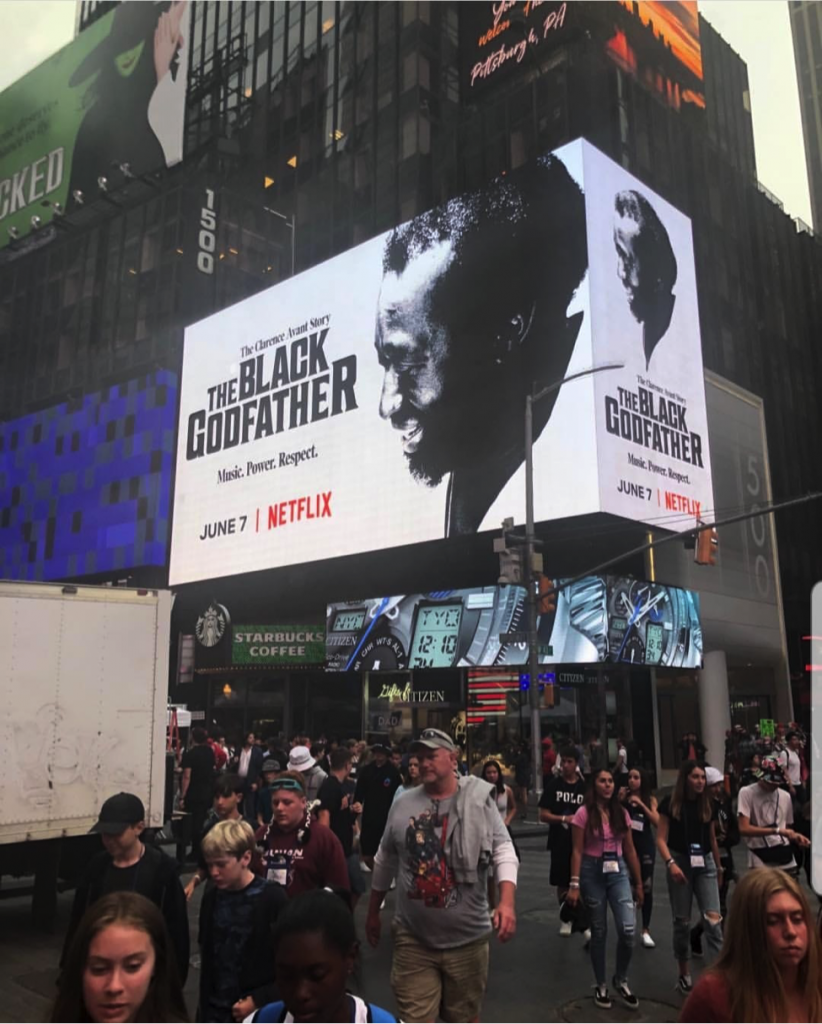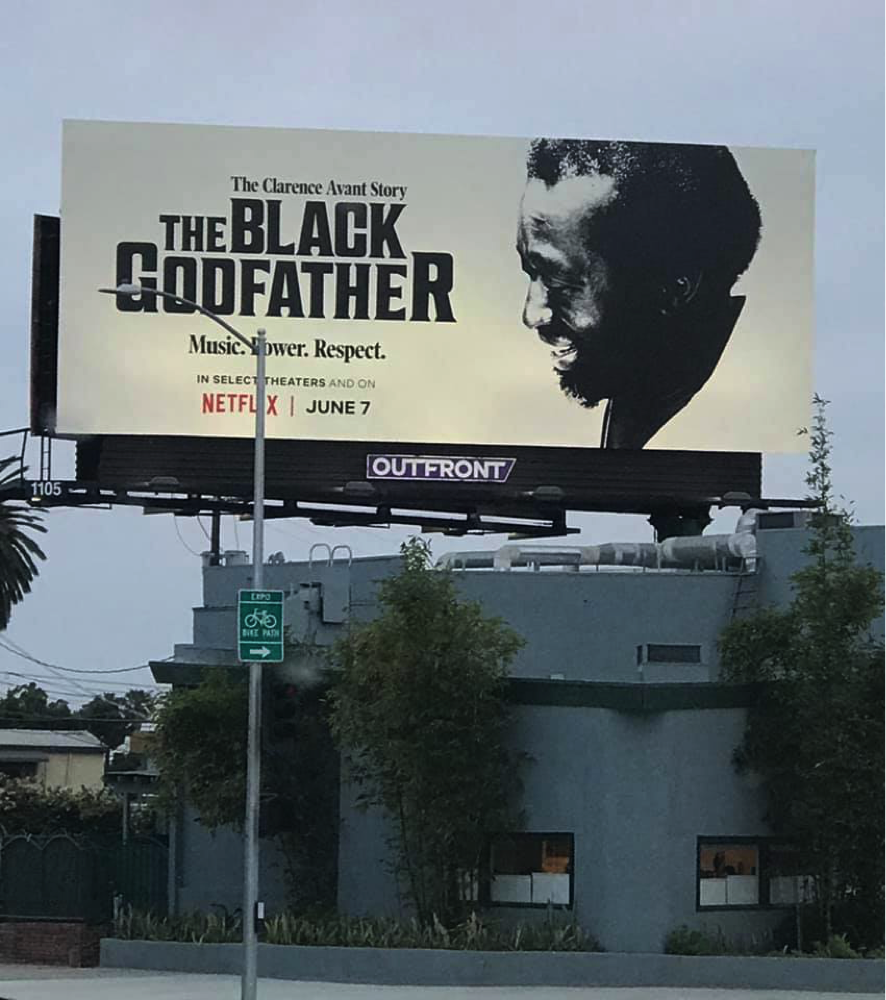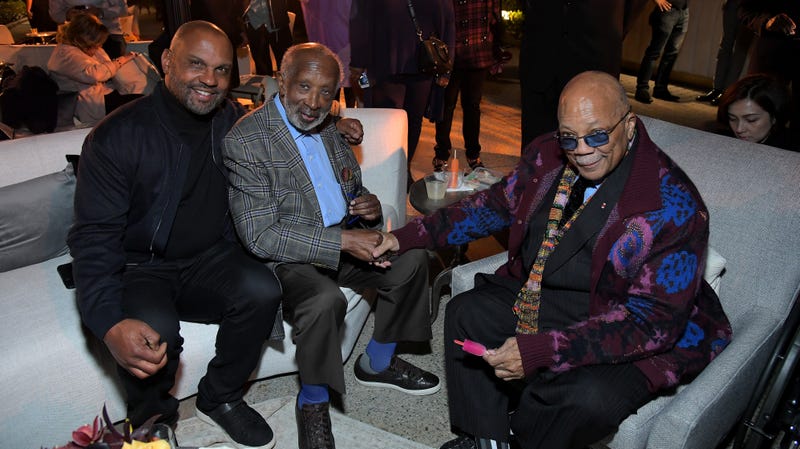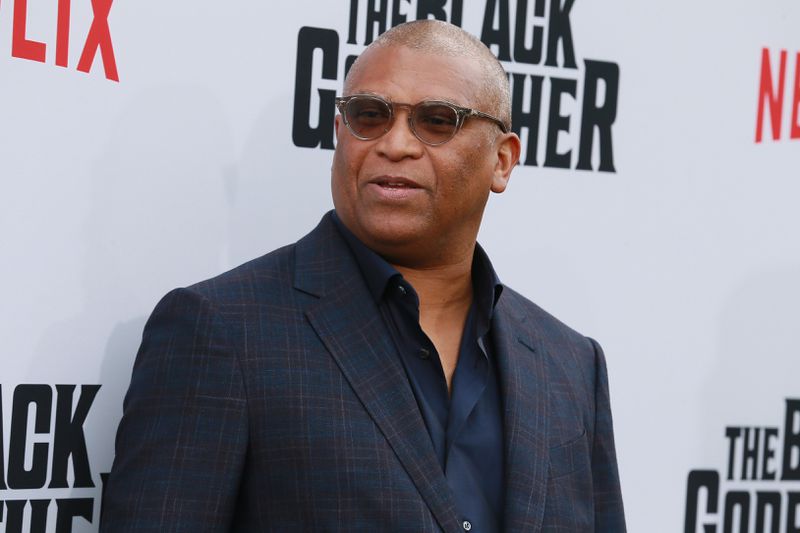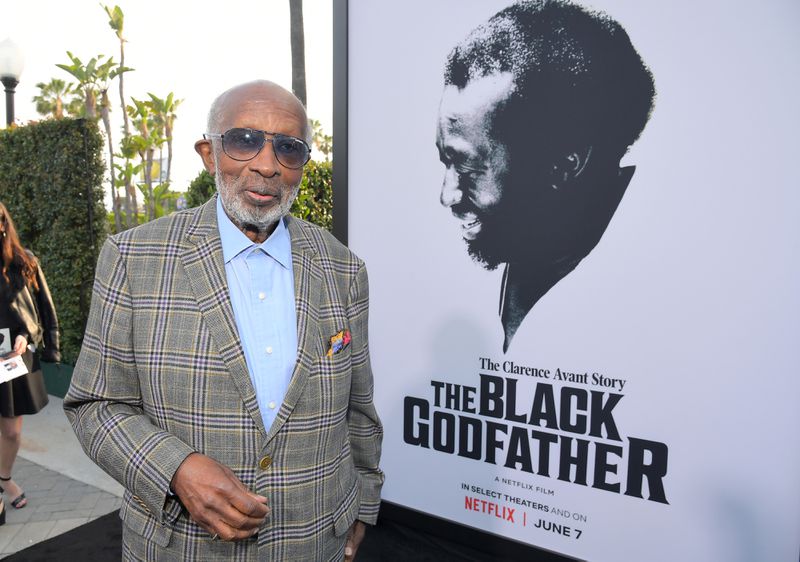Reginald Hudlin Talks Spike Lee, House Party, Boomerang, Django Unchained, Marshall, Jordan Peele, and Everything In Between
Posted by: Andrew J. Rausch
Reginald Hudlin, along with his producer brother Warrington, emerged as part of a movement of young Black filmmakers in the early 1990s which also included the late John Singleton, Matty Rich, Rusty Cundieff, Ernest Dickerson, Robert Townsend, and the Hughes Brothers. This movement, ushered in by Spike Lee’s back-to-back breakthroughs with She’s Gotta Have It (1986) and Do the Right Thing (1989) in the late 1980s, produced a series of extremely personal films told from a Black perspective. Unlike most of the other filmmakers of this movement, Hudlin chose to (initially) create comedies rather than “serious” dramas. As a result, his contributions to Black cinema have often been overlooked, despite his immense talent. Hudlin is a first-rate filmmaker who was around from the earliest days of the movement and has continued to maneuver through and find ways to keep making films in a Hollywood system that produces ever-evolving hurdles for Black filmmakers.
After first appearing as an actor in the Spike Lee joint She’s Gotta Have It, Hudlin made his own directorial debut with the Kid ‘n Play vehicle House Party (1990), which he also penned. The film (based on an a short Hudlin had created in college at Harvard University) made $26 million on 700 screens. It has gone on to become a bonafide cult classic and has spawned four sequels. The success of House Party allowed Hudlin to make a second film with a larger budget and bigger aspirations. This time out, Hudlin crafted a romantic comedy (inspired by Woody Allen films like Annie Hall, 1977, and Manhattan, 1979) titled Boomerang (1992), which starred Eddie Murphy, Robin Givens, Halle Berry, and a host of comic actors. The film became a hit and raked in $70 million domestically. Boomerang essentially launched Berry’s career and spawned a now-legendary soundtrack featuring Boyz II Men’s smash single “End of the Road,” which stayed atop the Billboard pop chart for a then-unprecedented thirteen weeks. That same year, Hudlin also executive produced the animated Robin Harris movie Bebe Kids (1992).
As the stars of this new era of Black filmmaking began to stumble, now finding an inability (due to reasons discussed within this interview) to make the personal films they had established themselves with, Hudlin found himself having to take studio assignments to continue working. This period in Hudlin’s career produced The Great White Hype (1996), The Ladies Man (2000), and Serving Sara (2002). Despite these films being projects that did not originate with him, Hudlin still made these efforts interesting, crafting them with the same skill and flair he had his previous efforts. However, none of them were financial successes. Hudlin then turned to television for a time, working on series as diverse as Everybody Hates Chris, The Bernie Mac Show, The Office, Modern Family, and Bones.
The annals of Hollywood history are filled with directors who disappeared into the abyss of television, never to return to the big screen. But this would not be the case for Hudlin, whose career would do a complete 360 when he signed on to produce Quentin Tarantino’s slavery-era Western Django Unchained (2012). The Jamie Foxx-starrer proved to be a substantial hit, earning $162 million domestically, and earning scores of nominations and awards. Among these accolades were five Academy Award nominations, including Best Picture. The film ended up taking home two statuettes for Best Original Screenplay (Tarantino) and Best Supporting Actor (Christoph Waltz), but lost in its bid for Best Picture to Ben Affleck’s Argo (2012).
Now an Academy Award-nominated filmmaker, Hudlin’s cinematic career was resurrected and he enjoyed more power to make the kinds of projects he wanted to make than ever before. Hudlin used this newfound power to make the Marshall Thurgood biopic Marshall (2017). The film, which starred Chadwick Boseman, received numerous accolades and awards, including an Oscar for Best Original Song (“Stand Up for Something” by Common and Diane Warren). Refusing to rest on his laurels, Hudlin continued moving forward, constantly working, crafting his first documentary, The Black Godfather (2019). It has since been announced that his next feature will be a musical titled Beyond the Velvet Rope.
Hudlin has enjoyed a long and prosperous career and now, thankfully, Hollywood is taking notice. With more than two decades of quality work under his belt, the talented helmer shows no signs of slowing down anytime soon. The busy filmmaker took time out of his schedule to discuss his career, past and present, with Diabolique.
Before you started making films yourself, who did you look up to? Who were your filmmaking idols?
I loved everything, from Jason and the Argonauts (1963) to the Bond movies. But what really made a big difference for me as a kid was a couple of series on PBS. One of them would show a different movie from the Criterion Collection each week. These were the world’s greatest movies. So you would see things like Jules et Jim (1962) and things like Black Orpheus (1959); masterpieces from around the world. They would show them every day for a week. At a time before home video, this was the only way that a kid from the Midwest could see foreign films and see them multiple times.
They had another series called The Japanese Film. It showed movies by Kurosawa and Ozu—all the classic masters of Japanese cinema. My older brother was into martial arts, so we had an interest in martial arts, but it quickly evolved beyond that. So, you would watch something like High and Low (1963) and you’d say, “Oh, there’s this!”
So for me, it was a mix of popcorn cinema and international classic art films. All of those things helped shaped my cinematic sensibility.
“Movies about race—even if they’re angry at White people—they’re still essentially movies about White people. Whereas a movie like Boomerang isn’t about white people at all. It’s about Black people, and it’s specifically about Black love. This is why, ironically, Public Enemy is more of a crossover act than Luther Vandross.”
You mentioned Jules et Jim. I remembered reading that was one of your influences in crafting Boomerang. Is that true?
Man, it was just everything! But you know, the thing that drove Boomerang the most was Woody Allen. I was a huge fan of films like Manhattan and his films of that period. We would kind of lament that you didn’t have that kind of romantic comedy for Black audiences or people who appreciated Black people in movies. So when Eddie [Murphy] saw House Party and wanted to work with us, we were sending messages back and forth. And he sent the script for Boomerang and I realized this was an opportunity to make a movie that really needed to be made.
One of your first gigs was as an actor on Spike Lee’s She’s Gotta Have It, which kicked off a new wave of Black filmmaking and inspired a lot of future filmmakers of all kinds. Quentin Tarantino recently told me that film was a big influence on his early unfinished film My Best Friend’s Birthday. She’s Gotta Have It was a hugely significant film and a tremendous way to start your career.
It was a great thing and my brother had an organization called the Black Filmmaker Foundation. It was a really important sort of clearing house for independent Black film at that time. In the early 70s you had films like Shaft (1971) and Super Fly (1972)—the blaxploitation movement—but by the time you got to the end of the decade and into the 80s, the era was over. There was no place for Black filmmakers in Hollywood, so there was the idea that we would just do it independently. We were a group of Black filmmakers coming out of film school making these movies. We weren’t sure how to do that, so my brother Warren put together a distributor for these little films so they could be shown at film festivals and other places like college campuses. And he would put together conferences, and that’s how I met Spike when he was still a freshman at NYU. We became friends then, so when he was preparing to make She’s Gotta Have It I was like, “I’ll work on the crew.” But then he said, “I want you to play this part.” So I ended up not working on the crew but with a part in the movie. He sent me the lines and, I’m not an actor, but I was very excited about the opportunity. It was great. We knew the movie was gonna be a success, but back then our definition of success was, wow, maybe we could show at the Film Forum for two weeks! So the idea that it was showing at a kind of mainstream art theater for months…we were all just really cheering for it. We would pass by the movie theater just to see if there was still a line outside. It was great. We were all just really cheering for its success.
As we discussed, there was a wave of young Black filmmakers emerging in Hollywood in the early 1990s. Obviously you and your brother were a big part of that. A few of those filmmakers have sort of disappeared along the way and a lot of you have had to make artistic compromises to survive. Somewhere along the way that movement got stifled. What do you attribute that to?
There were a couple of things. One, Hollywood as a rule was moving away from personal filmmaking. I think black, white, otherwise, there became a studio mindset where they wanted to make more studio-driven properties as opposed to lifting up an idiosyncratic voice. And for all of us as Black filmmakers, we didn’t have connections in Hollywood. We didn’t have cousins who were agents or anything like that. So we had to figure out that system, and that was something very new to us. So there was gonna be mistakes and there was gonna be confusion. And then there’s that actual question of whether or not you have more than one movie in you. So then it came down to your individual talent and your ability to work within a system.
Christopher Reid (Kid of Kid and Play fame) and Robin Harris in a scene from House Party.
I realize there’s more to you as a filmmaker than the color of your skin, but you are a Black filmmaker and you have made considerable contributions in the realm of Black filmmaking. However, it seems to me that some of your films like House Party or Boomerang get lost in the discussions of significant Black films of the 1990s. Whenever the media, and by that I mean White media, wants to talk about Black filmmaking, they only seem to want to focus on dramas or films that deal with racial issues. Why do you think there’s the tendency to overlook certain types of films?
I think it’s a two part thing. It’s a bias. I think it’s part of the Puritan heritage of America that things that are pleasurable rather than difficult aren’t as much of an achievement. “All you’re doing is making people laugh! All you’re doing is making people happy!” [Laughs.]
So it’s seen as lowbrow.
Right. “That’s not an artistic achievement. If you were really good, you would make people cry and be depressed!” [Laughs again.] That is an unfortunate bias we have in our culture. That’s just an across-the-board reality. The second part of that is that movies about race—even if they’re angry at White people—they’re still essentially movies about White people. Whereas a movie like Boomerang isn’t about white people at all. It’s about Black people, and it’s specifically about Black love. This is why, ironically, Public Enemy is more of a crossover act than Luther Vandross.
I’d never considered that, but you’re right. Okay, let’s talk about House Party for a moment. That movie came out when I was in high school and I have to tell you, that movie was a huge part of my world at that time. It was that way for a lot of kids of our generation. So let’s talk about the late comedian Robin Harris, who played the father in that. You worked with Robin on a couple of projects before his untimely death. What was Robin like to work with?
He was great! Just great. I remember when we were casting, we were lucky enough to get an advance look at Do the Right Thing (1989). We saw Robin’s part in the movie and we were like, “Wow! We gotta get him in our movie!” And we were warned that we shouldn’t cast him because “audiences don’t understand him when he speaks.” So our response was, well, now we have to cast him! [Laughs.] He was funny. There was no doubt about it. And he was a great guy.
We were supposed to meet him outside the Comedy Act Theater in South Central and our names were supposed to be on the list. So of course we get there and our names are not on the list. So he drives up in this Mustang with “BEBE KID” on the license plate! And he goes to the woman in the booth and he says, “These the Hoodlum brothers! They here with me!” [Laughs.] So we were just like, okay, let’s roll with it. He was funny and inventive and just an absolute joy to work with.
Johnny Witherspoon is another really funny comic you’ve worked with on a couple of movies, starting with House Party. What’s he like to work with?
Johnny is fantastic and, again, you wanna talk about an underrated talent, it’s him. You know, when you look back at the old Richard Pryor Show on NBC and you look back at the cast of comedians that he worked with, there’s Robin Harris, there’s Robin Williams, there’s John Belushi, and there’s Johnny Witherspoon. If you asked David Letterman which comedian is one of his best friends, it’s Johnny Witherspoon. He’s just flat-out brilliant. He’s worked with me. He’s worked with Ice Cube. He’s worked with the Wayans Brothers. He’s just a masterful comic and a great guy. There’s no doubt that the two days we shot the Thanksgiving scene on Boomerang, where we had Eddie Murphy, David Allen Grier, Martin Lawrence, Johnny Witherspoon, and Bebe Drake…those were the funniest two days of my life.
It seems to me that a lot of the absolute funniest, most quotable lines in both House Party and Boomerang are Johnny Witherspoon’s.
He’s a comedy master. I’ve seen him do stand-up. He would just walk out, step up to the mic, and say, “Bang! Bang! Bang!” No setup, no nothing. It was just like, I’m gonna hit you right upfront with the jokes, and people were howling.
 Eddie Murphy displays his “mack daddy vibe” in Boomerang.
Eddie Murphy displays his “mack daddy vibe” in Boomerang.
Boomerang has a tremendous cast from top to bottom. It was also one of the last truly great comedic Eddie Murphy films. What was he like to work with?
It was really great because Eddie was ready to really do something different. And I think he provided that. And we were determined to create an environment where, Eddie was gonna be funny, of course, because he’s a comic genius, but we had always been disappointed by the fact that he’d never been surrounded by a comparably funny cast. So we wanted to get the next generation of comedy stars that Eddie knew and was fans of, and put him in an environment where when he would hit the ball someone would catch it and hit it back. Martin Lawrence, Chris Rock, David Allen Grier… That’s just the kind of comedic talent he needed to be paired with. And you know, the thing that was really impressive about Eddie was, sometimes people feel threatened by other performers and try to tone them down, and he wasn’t like that at all. He absolutely encouraged everyone to do their best work. He was not intimidated, because then he could go and do his thing and top everybody. That’s just how gifted he is, that he didn’t need to feel intimidated by other people’s abilities.
At the time you cast Halle Berry in the film, she hadn’t really had an opportunity to showcase her talents. She had been in smaller roles in things like The Last Boy Scout, but she hadn’t gotten to do anything like this. How did you know how talented she was?
She was a relative unknown. She came in and read, and she was fantastic! She just blew us away; not just with her beauty but with her acting chops. So when we had the final chemistry meet with Eddie, we had her read and then we did an improv with her to make sure she could keep up with what we knew would be a big process of the movie, which was people freestyling. Her improvisational skills were so strong that it literally ended with Edding staring into a corner. She checked him and blew him out. She was amazing. So we all knew right then that this was a giant star and we’d get to feature her first. We were so excited.
With Halle Berry and Eartha Kitt, you had two Catwomen in the film. As a guy who has worked in the realm of the comic book world and knows how big a deal that is, that must be a pretty cool realization.
One of my favorite moments backstage was Eartha meeting Grace Jones for the first time. And I’m there for this iconic moment. And Eartha says, “You’re doing me, but you’re not doing it right!” She then proceeds to instruct her on how to properly purr and growl. That was a great moment. And Grace Jones was gracious. She was just very sweet and it was an amazing historical moment that I was just happy to have been there for.
Boomerang also had a ridiculously-stacked soundtrack that has now become iconic itself and is recognized as a classic album. Were you aware of how great and potentially-impacting this collection of songs was as you were assembling the movie?
Yeah. It was a pretty amazing thing. We wanted an unbelievable soundtrack so LA Reid and Babyface were just the hottest, most creative team working at the time. It was so great to have them onboard. That experience… Every week you would get a puffy mailer containing a cassette tape and you would put it in and hear three or four masterpiece songs. It was like, “Oh my God! These guys don’t just create hits, but they create truly legendary songs!” That was one of the most fun parts of the process.
The most memorable of those moments was showing them a rough cut of the film. They’re watching Eddie and Halle and Halle slaps him and says, “Love should have brought your ass home last night!” And LA Reid leans over and says, “That’s a song!” And then they went and wrote “Love Should Have Brought You Home Last Night.” Then we were talking about who might be the perfect singer for it and they were talking about different people and I said, “Who’s the girl who’s singing the song on the demo?” They said she was a girl who was signed to their label. I said, “Why don’t we just use her?” Babyface said, “Are you serious?” And I said, “Yep.” And that became the start of Toni Braxton.
Let’s talk about The Great White Hype. You worked with three cinema icons on that in Samuel L. Jackson, Jamie Foxx, and Jeff Goldblum. Tell me about your experiences with those guys.
That was an amazing experience. That cast is incredible and they all have different acting styles. And they all admired each other. I remember some guys would be looking at what Jeff Goldblum was doing and saying, “That’s incredible!” And then other people would be looking at what Sam Jackson was doing and saying “Wow!” Everybody was inspiring each other with all these different styles. It was a really wonderful experience, and you had Peter Berg in one of his last big roles before he went on to become an amazing director himself. And he’s kind of checking everybody and everything out. It was just an amazing time. And you also had Jeff Goldblum and Jamie Foxx, who were two world class musicians. So between takes they would sit at the piano and begin riffing and you’d go, “Oh my God, this is amazing.”
Did you have any inclination at that time that Peter Berg had an interest in directing? Was he asking questions or anything like that?
He was a super-smart guy—he was a great actor and understood every step of the process—but he never gave any indication regarding him making that transition. But boy, when he did it, he knocked it out the box.
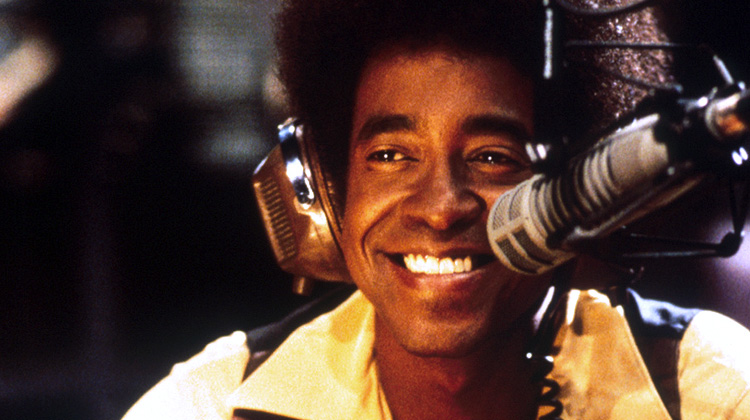 Tim Meadows as the oversexed Leon Phelps in The Ladies Man.
Tim Meadows as the oversexed Leon Phelps in The Ladies Man.
You produced Millicent Shelton’s film Ride (1998) with Bob and Harvey Weinstein. What were your experiences with them like?
They were very frustrated because as successful as they had been, they hadn’t figured out how to break into the Black film market. And they really wanted to figure that out, so we were working together. We were really happy to give an opportunity to Millicent Shelton, who was a young Black female filmmaker who was from our hometown of St. Louis. She had a clear sense of the story she wanted to tell, and we were happy to help her make that that happen. And it’s funny; I’ll run into people who say, “You made Ride? That’s my favorite Sunday afternoon movie!” So even though it wasn’t a huge hit, it still has its fan base. But more importantly, it gave Millicent a launch pad to her career. She’s an enormously successful television director now.
You made another film that I think is quite funny and also tremendously underrated, The Ladies’ Man. The film’s lead, Tim Meadows, is a tremendously talented guy, but he’s never achieved superstardom in the way other SNL guys like Chris Rock or Will Farrell have. Why do you think that is?
You know, I don’t understand it because he’s an enormously funny guy. Working with him was a mind-blower. Once he locked in on that character, he could riff for hours with that. I was like, “I can’t believe this guy’s imagination and his acting chops.” You know, he could become this character and just own it. That was really impressive to me, both as an actor and as a comedian.
What was it like working with Lorne Michaels and the SNL team on that?
They very much have a system and they work a certain way, but they’re legends. I mean, here’s Lorne Michaels and he’s talking about how he wrote this Richard Pryor special with Lily Tomlin. And you’re like, “Can you keep talking?” [Laughs.] These are amazing guys who have done so many amazing things. It was nice, even for that brief moment, to be a part of the SNL legacy, which is so rich and so incredible. You learn a lot working with them.
One of my favorite parts about that film is the Julianne Moore cameo. It was such a shock seeing her in that way at the time that film came out, when she was primarily known for indie arthouse films. How did that appearance come about?
She was very much known for those films. It was a favor they called upon. I guess maybe she had been a guest host on Saturday Night Live or something, so she and Tim Meadows had become friendly. So he just asked her to do it and she was like, “Sure!” I was like, this is a very unbelievable moment. We were all just so glad to have her there because she’s such an amazing actress. She just loved the comedy and she went for it!
You worked with another legend on that film, Billy Dee Williams. That must have been exciting.
It was mind-blowing. Here’s this guy, again, who’d been in things like Lady Sings the Blues (1972) and Brian’s Song (1971). He had amassed such an amazing body of work. Again, he was great to have on camera, but it was wonderful to just sit and talk with him and have him tell stories about his life and career. Those are the kinds of things you learn so much from as a young creative. I don’t care what you do, if you sit around and listen to the masters talking about their lives and their process, if your ears are open, hopefully you become better at what you do.
Let’s talking about Serving Sarah. That seems like kind of an anomaly on your filmography. It stands out and seems very different from everything else. How did you become involved with that project?
I was developing some projects at Mandalay, the production company. But these projects weren’t coming together. So they said, “We’ve got this other movie that’s coming together. Would you want to do this?” So I said, “Yeah, I’d love to do kind of an action/comedy/romance kind of thing.” We talked about a lot of different directions in the casting. You know, should we do a Black movie, or a White movie, or a mixed movie? We discussed a lot of different casting directions in which we could go. A lot of my friends were saying, “You should do it with a white cast. You shouldn’t be pigeonholed as a Black director. Spread your wings and try different things.” So when the cast came together that we used, people said, “That’s a good step for your career, Reggie.” My challenge was, at the time, my star had a terrible drug problem. It just affected everything we did, so we were never able to make the movie we wanted to make.
You talked a little there about the casting. I always thought the casting of Bruce Campbell was interesting because we don’t generally get to see him in those types of movies.
I was just a giant Bruce Campbell fan. I mean, Evil Dead, are you kidding me? So I was like, why don’t we cast this guy? He’s funny as can be and I could totally see him as a big head Texas guy, so why not? It was a joy to get to know him and his wife. They were just lovely, lovely people.
“I said, ‘Quentin, look, the bottom line is we have to have a two-to-one ratio. For every bad thing that happens to a black person, twice as many bad things have to happen to slave owners. We just have to kill a lot of people in really horrible ways!” And that’s exactly what we did. We whipped them, we shot them, we blew them up, and audiences loved it. All audiences all over the world, because when it comes down to it this isn’t a race issue—it’s good versus evil. And the good people won.'”
There was a lengthy period where almost all of your directorial work was television. Why the break?
I wasn’t able to get the movies that I was developing made, so I was taking studio assignments. And they weren’t hitting. You know, Great White Hype, Ladies Man, Serving Sarah. None of them were successes. So I said, “I’m digging a hole for myself.” But then Stephen Bochco gave me an opportunity to start directing his show (City of Angels), and it was a fantastic experience; great scripts, great actors, great working environment. Then the same thing happened with The Bernie Mac Show. And I thought, I’d rather make good TV than a bad movie. [Laughs.] So I started focusing on television and a lot of my friends were saying, “No, you’re a movie director. This is a terrible idea.” But then after, everyone said, “TV is really hot.” Yeah. I do this a lot. I do things that, at the time, my friends think is a terrible idea, and then later on it turns out to be the right thing to do. That even happened with casting Kid and Play back in House Party. All my sophisticated hip-hop friends were like, “No way. That’s a terrible idea. Kid and Play aren’t real hip-hop.” So then it went on to become a big success. So that happens a lot. Just moving to Los Angeles was like that. “You can’t move to LA. That’s a terrible idea!” Then one by one those same people all moved out to LA! [Laughs.] So, doing something different didn’t scare me.
You produced Django Unchained. What was collaborating with Quentin Tarantino like?
It was just a peak career experience. It started in a very unlikely way. I was at a party at the Beverly Hills Hotel. And I see Quentin, whom I know. We started talking about movies, particularly movies about slavery and kind of pulling all of them. I said, “To me there’s only one great movie about slavery, and that’s called Spartacus.” [Laughs.] The movies about the American experience…I’m not interested. So we’re going back and forth about this, and you know how smart Quentin is and how thorough his cinema history is. So it was a formidable debate. So finally I said something was not as good as The Legend of Nigger Charley (1972), and he said, “I have nothing to say to that.” So I thought, whew, I won that one. [Laughs.]
Then years later—maybe ten years later—I get this phone call from Quentin. He usually gives me a call when he has a new rough cut of one of his movies or has written a new script. So he invites me over and all of his friends are everywhere and it’s a lot of excitement. He hands me this script that’s sort of phone book-sized. He says, “You planted the seed. Now here’s the tree.” I don’t know what he’s talking about, but he’s referring that conversation we had at the Beverly Hills Hotel all those years ago. And I’m like, “Whoa!” So he asked me to read the script, so I go home and I read it. He calls and says, “What do you think? What do you think?” So I tell him this is great and that I’m so excited. So he says, “Do you have notes?” And I say, “Of course.” So we talk for about half an hour and just giving him my thoughts on the script. I say, “I’m so excited about this and I’m happy to see you going back to work. I can’t wait to see this movie.” And he says, “No, no, no, no, we’re doing this movie together!” And this was the first I had heard of it. He says, “Stacey [Sher] knows. Harvey [Weinstein] knows. Everybody wants you on this movie! I just wanted to know that you liked the script.” I said, “Yeah, I do,” and he says, “Well, you’re the producer!” [Laughs.] So I said, “Okay, let’s go.” So a few days after that we were meeting with studios and then a week after that we were scouting locations in Louisiana. And that was that.
As we both know, Quentin gets criticized a lot for his use of the n-word. And Spike Lee, whom you also know and have worked with, has been one of his most vocal critics. What are your thoughts on his use of the word?
I was very open with him. I said, “This is gonna be a very controversial movie for a lot of reasons. A lot of people are gonna be freaked out. And ultimately it’s your movie and you have to answer for it.” I’ll just speak specifically in terms of Django, which restores the word to its original intent, which is a horrible, racist insult. That’s what it is and that’s what it should be. And a lot of times people disconnect that term from the context in which it was created. So I thought in that context, these horrible people saying something horrible was completely appropriate.
How could you make this film, in this historical context and it be anything beyond an ABC Television film and use any other wording? There’s no way you could do that and maintain that level of realism.
Yeah. And that’s why I also said, “Quentin, look, the bottom line is we have to have a two-to-one ratio. For every bad thing that happens to a Black person, twice as many bad things have to happen to slave owners.” [Laughs.] So I said, “We just have to kill a lot of people in really horrible ways!” And that’s exactly what we did. We whipped them, we shot them, we blew them up, and audiences loved it. All audiences all over the world, because when it comes down to it this isn’t race issue—it’s good versus evil. And the good people won.
You got your first Oscar nomination for that film. That must have been thrilling.
That was an unbelievable experience. To be at the Oscars as a nominee was quite an experience. There’s the Golden Globes and all these other events and things you go to and you’re part of this club. It’s a pretty amazing exclusive club. It was a wonderful ride. We were probably a little too provocative to win, but you think, well, on my obituary it will say “Academy Award-nominated!” I’m extremely grateful for that.
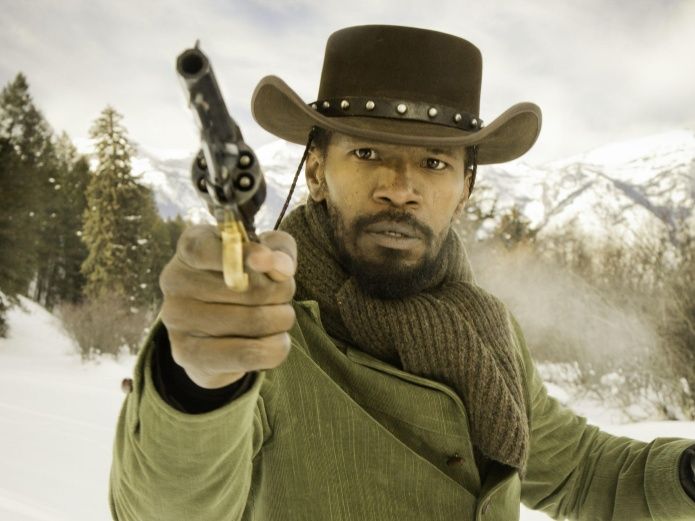 Jamie Foxx as bounty hunter Django in Django Unchained.
Jamie Foxx as bounty hunter Django in Django Unchained.
Let’s talk about your biopic Marshall, which was another remarkable achievement. It was a departure from the films you’d directed previously. Did your now being an Oscar-nominated filmmaker give you the credibility to get that film financed?
It was definitely a factor. I was now seen as a filmmaker capable of playing in that sort of arena. Now I was no longer seen as simply being a comedy filmmaker. “Oh, you’re over here now.” For me, this was a dream come true because I was always a huge fan of Thurgood Marshall. I always felt that he was underappreciated. I never in my wildest dreams thought there’d be an opportunity to make a theatrical feature film about him. For me, it was an opportunity of a lifetime.
You worked with Chadwick Boseman, whose stock is rising daily. What was he like to direct?
It was great. It was very funny because we had met when we were at this big fundraiser. A friend had sat us together. He’d said, “You guys would probably like each other.” He’d just been cast as Black Panther and I had written the Black Panther comic book for a couple of years. So we just plunged into a deep conversation about that. You know, things I thought might be useful to him as an actor playing that role. So then when the Marshall opportunity popped up, I thought there were only a few people who could carry that kind of gravity it would take to play Thurgood Marshall. So I went to him and he had some concerns. He wasn’t sure he wanted to play another historical figure, but then when he read the script he said, “Now I gotta do it.” [Laughs.] So we had a really great working experience making that movie together.
How do you see the state of Black filmmaking today?
I think Black filmmaking works in ten year cycles. So, you had this big boom in Black filmmaking in the 1970s which lasts for five or ten years. Then it kind of collapses and the only Black people who can make movies in the 1980s are sort of Eddie Murphy and Prince. Then you have an explosion in the 90s and that’s Spike and me and John Singleton and sort of that first wave of Black filmmakers who were now telling their own stories. And that last five or ten years. Again, a big boom, wider range of subject matter, better filmmaking. And that lasted five or ten years and then it kind of collapses and unless you’re Tyler Perry or working for Screen Gems you can’t get a movie made. And now here we are, and you’ve got Ryan Coogler, Ava DuVernay, Steve McQueen. Wider range of movies than ever before. People actually winning Oscars, getting to do Black art films. So things are better, but that doesn’t mean we’re there yet. We have parity with our White counterparts, but there’s no question if you chart from the 1970s to now that things keep getting better.
Jordan Peele caught a lot of flak recently for simply saying he wasn’t likely to cast a White lead anytime soon. White people lost their minds. Yet, as we both know, a lot of filmmakers like Martin Scorsese and Woody Allen never ever cast Black leads. What are your thoughts on this?
I couldn’t even consider it a controversy. It was such a non-issue. It was like, I guess you’ll have to be content that 98 percent of the industry is working to get you a job. [Laughs.] I’m sorry that you have to miss out on this one job. This is the one opportunity you won’t get. [Laughs again.] It was absurd and hilarious.
Also, Jordan Peele is telling stories from a certain perspective. I’ve never thought, Woody Allen needs to make a movie with Chris Rock! Let’s just let Woody Allen make Woody Allen movies. [Laughs.] That’s fine. And Scorsese is making another gangster movie with Italians? Great! I can’t wait! I’m first in line. All of these filmmakers are just people working out of their own specific experience.
I understand you’ve just completed a documentary for Netflix. What can you tell us about that?
I just finished my first documentary, The Black Godfather, which is about Clarence Avant, who is sort of a living legend. He’s been shaping Black culture for fifty years. And most people have no idea who he is. And that’s very deliberate. I’ve been trying to get him to tell his story for quite some time and he’s finally agreed. This is very exciting. This is a guy who managed Quincy Jones. He launched LA and Babyface. He launched Jimmy Jam and Terry Lewis. He did deals for Hank Aaron and Jim Brown. Muhammad Ali. He helped finance the political careers of Andy Young, Jimmy Carter, Bill Clinton, Barack Obama. I really can’t wait for folks to see it. It’s gonna blow folks’ minds.
And your next film is going to be a musical?
Yeah. I’ve always wanted to do a musical. That’s always been on my short list. I love all kinds of musicals, like the classic stuff in the 1940s to movies like Tommy (1975). So when this opportunity came along I said, “Okay, let’s do it.” We’re still getting stars and working on the script, but it’s a really exciting project.
Are there any genres left that you’d still like to work in?
Sure. I’ve written comic books for a while, so I probaby wanna do some stuff in that genre.

